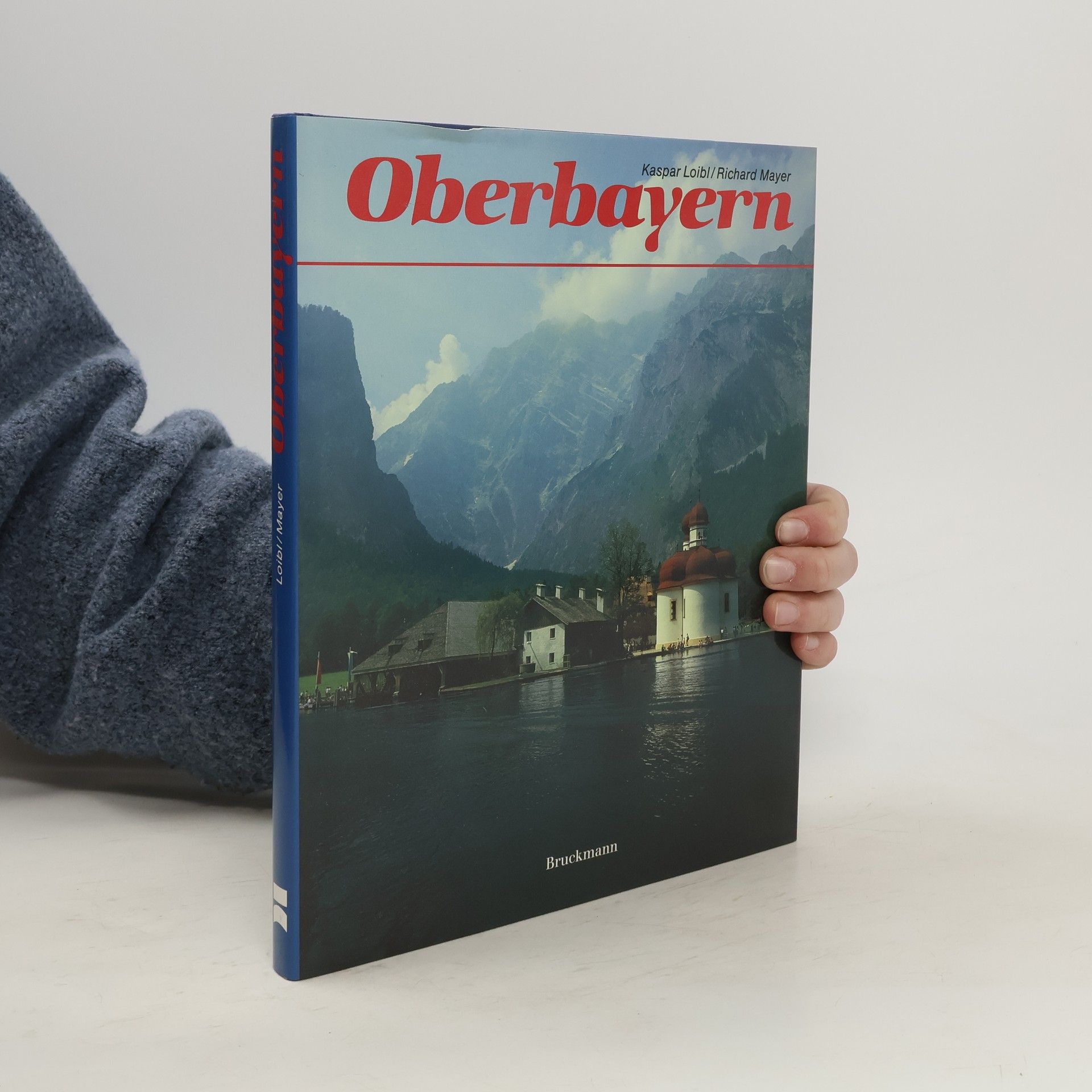During the past twenty-five years, researchers have made impressive advances in pinpointing effective learning strategies (i.e., activities the learner engages in during learning that are intended to improve learning). In Learning as a Generative Activity: Eight Learning Strategies That Promote Understanding, Logan Fiorella and Richard E. Mayer share eight evidence-based learning strategies that promote understanding: summarizing, mapping, drawing, imagining, self-testing, self-explaining, teaching, and enacting. Each chapter describes and exemplifies a learning strategy, examines the underlying cognitive theory, evaluates strategy effectiveness by analyzing the latest research, pinpoints boundary conditions, and explores practical implications and future directions. Each learning strategy targets generative learning, in which learners actively make sense out of the material so they can apply their learning to new situations. This concise, accessible introduction to learning strategies will benefit students, researchers, and practitioners in educational psychology, as well as general readers interested in the important twenty-first-century skill of regulating one's own learning.
Richard E. Mayer Books






Multimedia Learning
- 320 pages
- 12 hours of reading
This textbook examines the scientific underpinnings of multimedia learning and is well-suited to graduate and undergraduate courses in psychology, education, computer science, communication, instructional design, and game design. It lays out a cognitive theory of multimedia instruction and principles for designing effective multimedia messages.
e-Learning and the Science of Instruction
Proven Guidelines for Consumers and Designers of Multimedia Learning
Grounded in the latest e-learning research, this comprehensive guide offers proven strategies for creating effective digital instructional materials. It covers a range of formats, including self-study tutorials, virtual classrooms, and simulations, and is authored by experts in multimedia learning and workforce education. The guidelines provided are based on solid research and psychological theories, equipping readers with the tools to evaluate and design impactful digital learning environments. Real-world examples illustrate key concepts throughout the book.
Any discussion about effective teaching must start with how students learn. However, instructors often face a gap between technical research on learning and practical classroom strategies. This volume serves as a bridge for that gap by introducing seven general principles of learning, derived from extensive research and twenty-seven years of experience working closely with college faculty. The authors draw on diverse fields, including cognitive, developmental, and social psychology, educational research, anthropology, demographics, and organizational behavior, to pinpoint key principles that underlie learning. These principles cover aspects such as how effective organization enhances information retrieval and the factors that influence motivation. By understanding these principles, instructors can discern why certain teaching methods may not support student learning, refine their approaches, and apply these insights to various courses. For those seeking to enhance student learning, grasping how learning works and how to nurture it is essential. This resource is firmly rooted in learning theory and supported by research evidence, while remaining accessible and applicable to college teaching.
Ich nehme eine Wolke ... Drei Frauen auf Streifzug durch Trierer Cafés
- 195 pages
- 7 hours of reading
Oberbayern
- 144 pages
- 6 hours of reading


